Hattingen, once a cradle of coal and steel, now harbors a subtler kind of energy—measured not in kilowatts, but in kilohertz. Every Friday evening, amid the faint smell of oil and metal, the Ortsverband Hattingen (O26) gathers in an unconventional setting: a fire station. And there, inside the Feuerwache Bredenscheid, radio waves become bonds of community.
A Club in Uniform
It is rare to find a club call sign (DL0HC) echoing from a structure built for emergencies. Yet this setting says more about O26 than a glossy clubhouse ever could. The repurposed location reflects the pragmatism and public-service ethos at the heart of German amateur radio.
Meetings start each Friday at 18:00, but punctuality is optional. What's mandatory is curiosity—about antennas, propagation, DX, or simply how to re-solder an aging connector. The frequency they call home, 144.775 MHz, may be narrow, but the conversations are anything but.
At the Helm
Jan Kassner (DG3JKB) serves as the Ortsverbandsvorsitzender, or OVV. As contact person and quiet coordinator, he keeps Hattingen’s amateur radio heartbeat steady. His job involves fewer speeches than signal reports—but far more lasting connections.
Unlike clubs seeking to digitize everything, O26 leans into face-to-face dialogue. Their approach is tactile, grounded in the solder smoke of old rigs and the camaraderie of shared repairs.
Back to the Basics
Hattingen’s local chapter is a bastion for those who see radio not as nostalgia, but as necessary literacy. In a society awash with smart tech, this club teaches something radical: that you can build your own network. With nothing but a bit of wire, a transmitter, and a license, members reach the world—and teach others to do the same.
Their meetings—equal parts technical briefing and informal kaffeeklatsch—echo a broader philosophy: that radio should not only be heard, but understood.
Why It Matters
While others chase digital clouds, O26’s firehouse refuge preserves the human frequency of amateur radio. Here, communication is not commodified; it is crafted. The emphasis on self-reliance, education, and public service positions the club as a quiet yet potent force within Hattingen’s civic landscape.
As Germany revisits its civil infrastructure in an age of global uncertainty, clubs like O26—equipped to assist in emergencies, train young minds, and foster intergenerational knowledge—become more than hobbyist enclaves. They are technical reserves with social reach.
Conclusion
The firehouse in Bredenscheid does more than house fire engines. It hosts a brigade of another kind—volunteers of the ether, defenders of signal integrity in an age of digital drift. In O26, radio isn’t just a hobby. It’s a service. A handshake. A signal that, even in Hattingen, the world is always within reach.



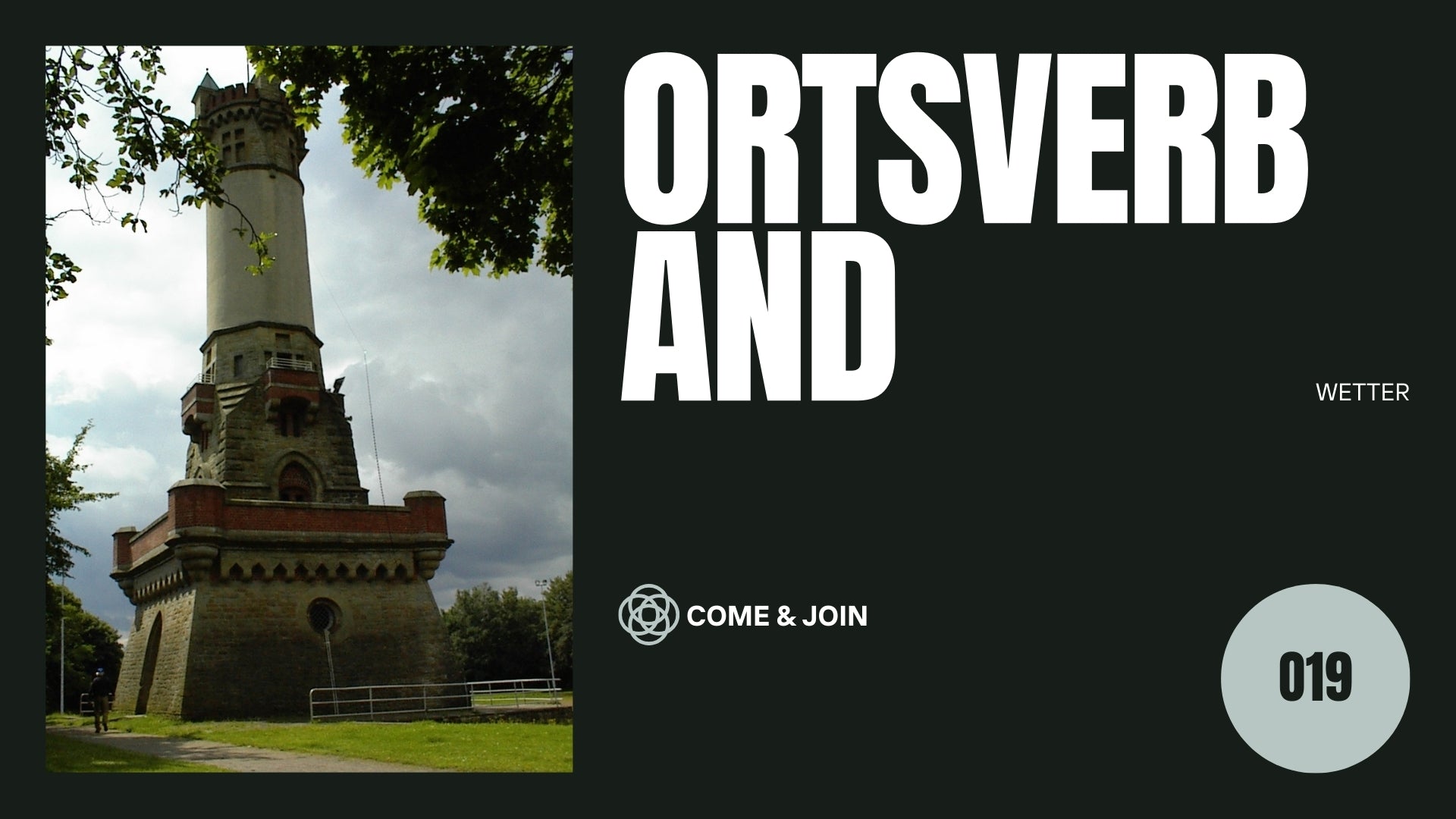
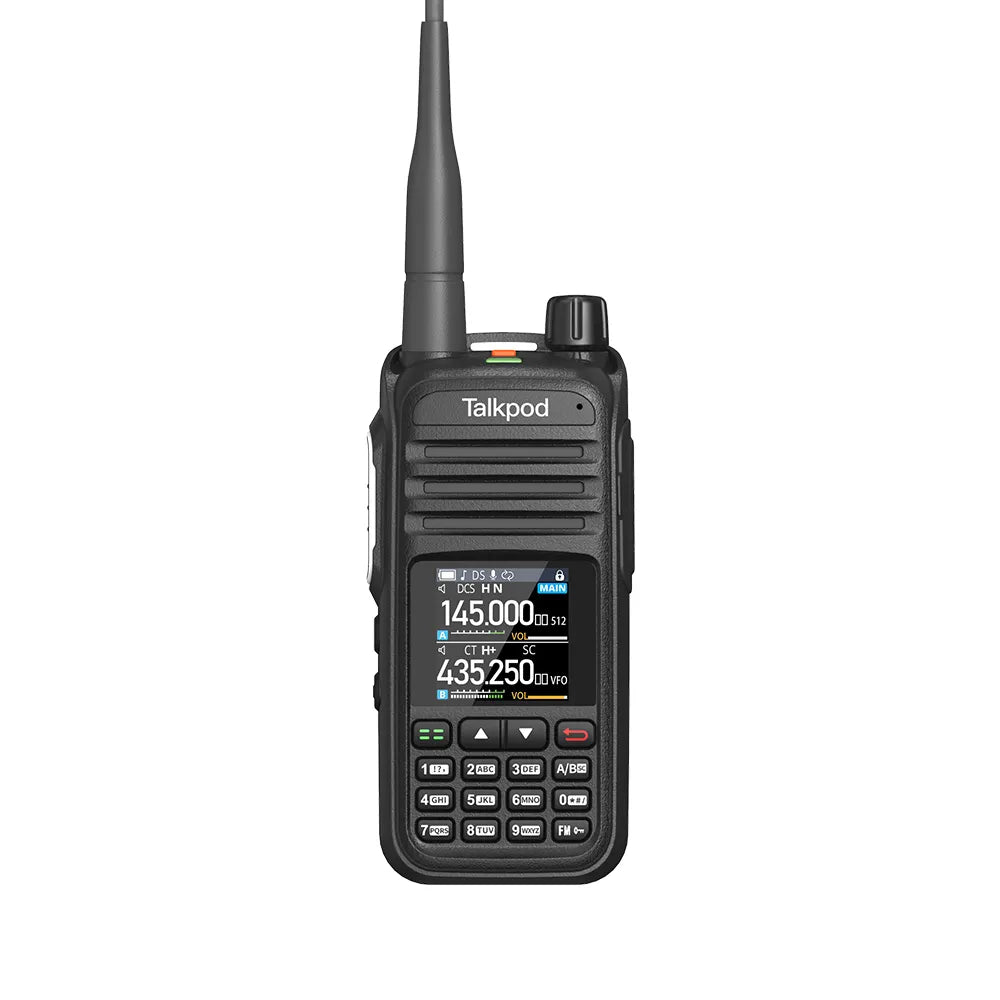
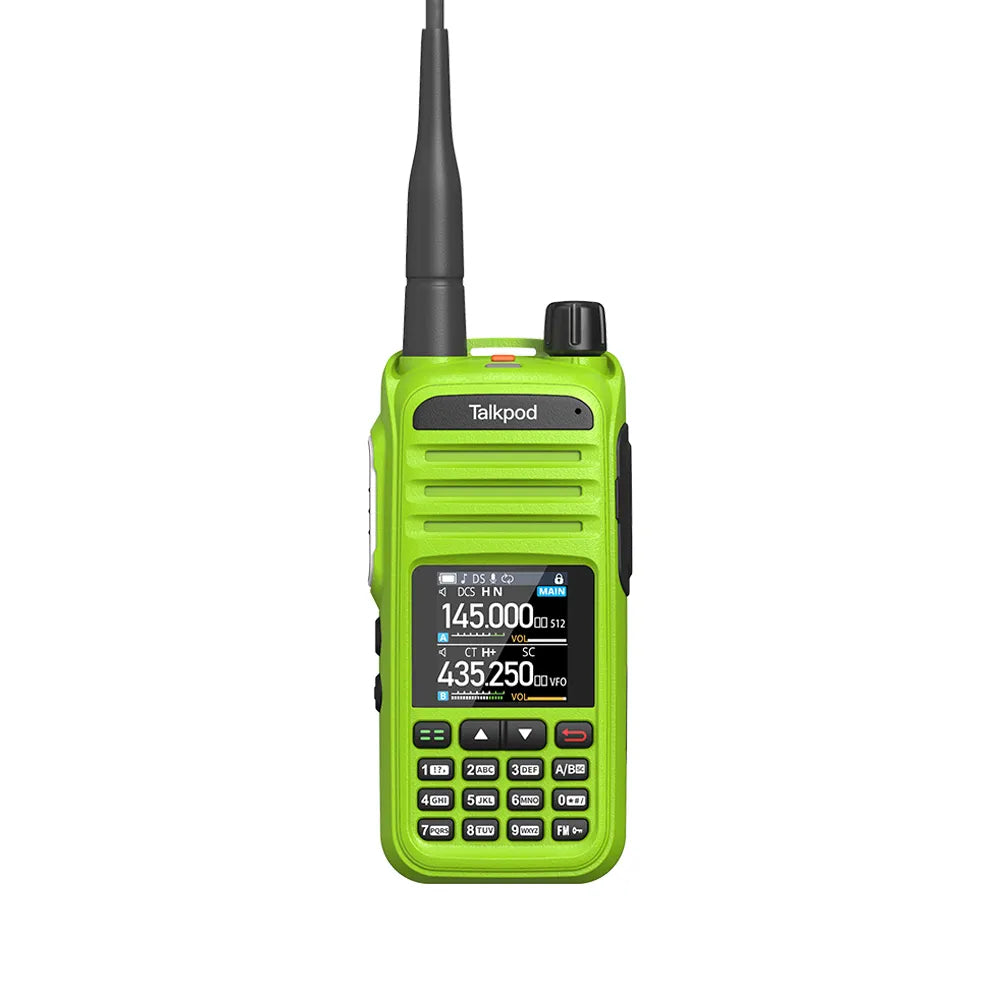




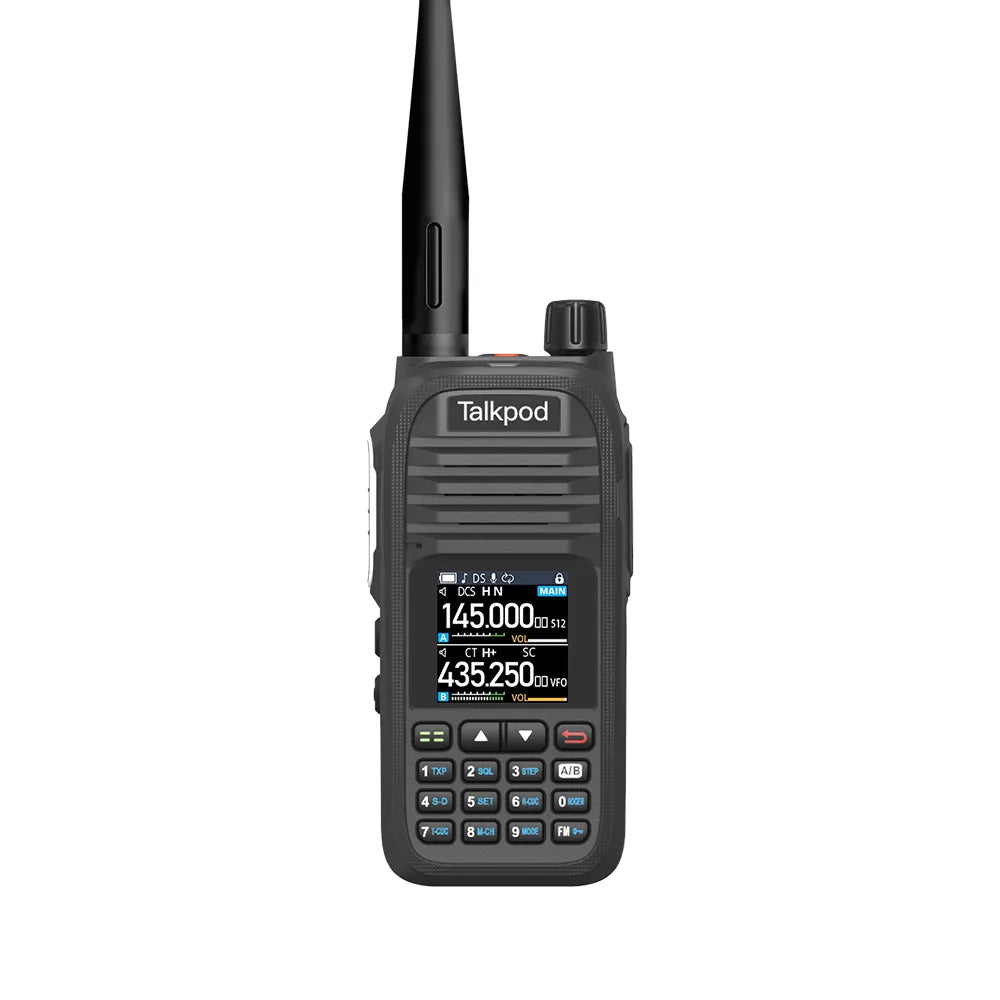
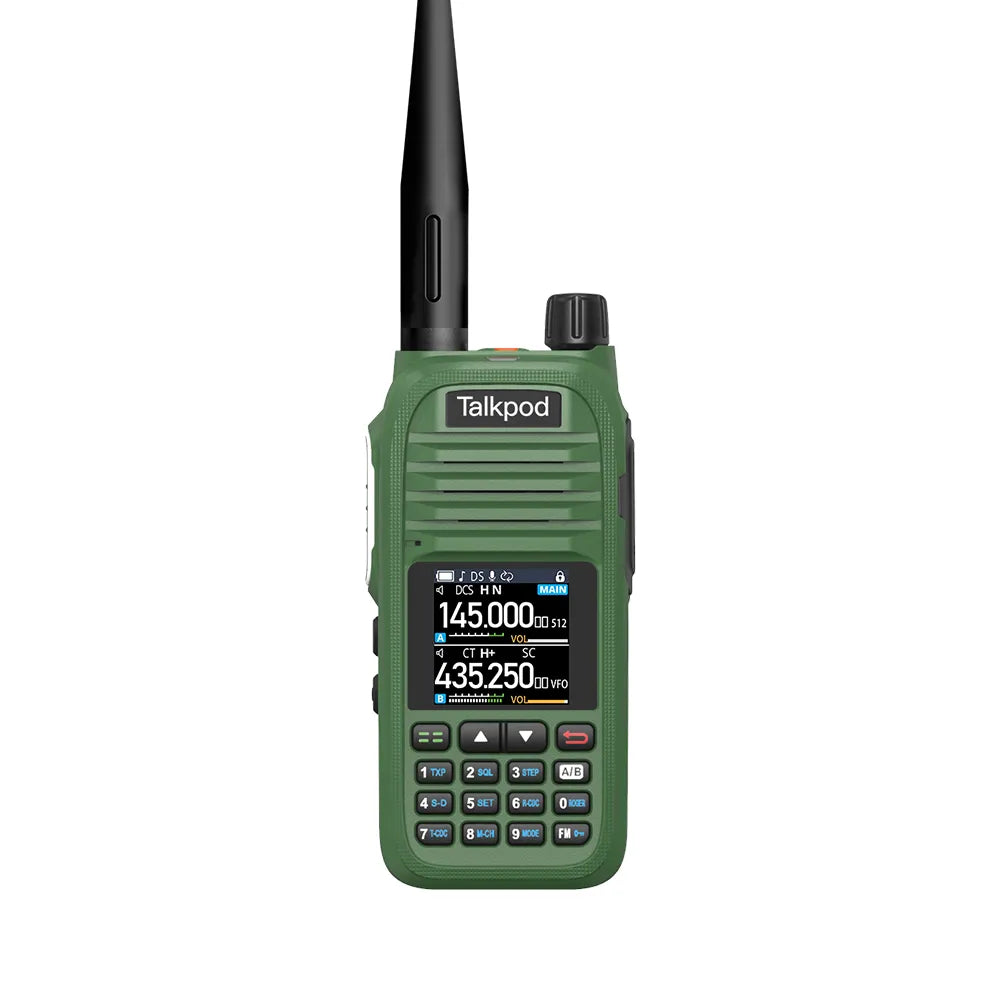
Leave a comment
All comments are moderated before being published.
This site is protected by hCaptcha and the hCaptcha Privacy Policy and Terms of Service apply.